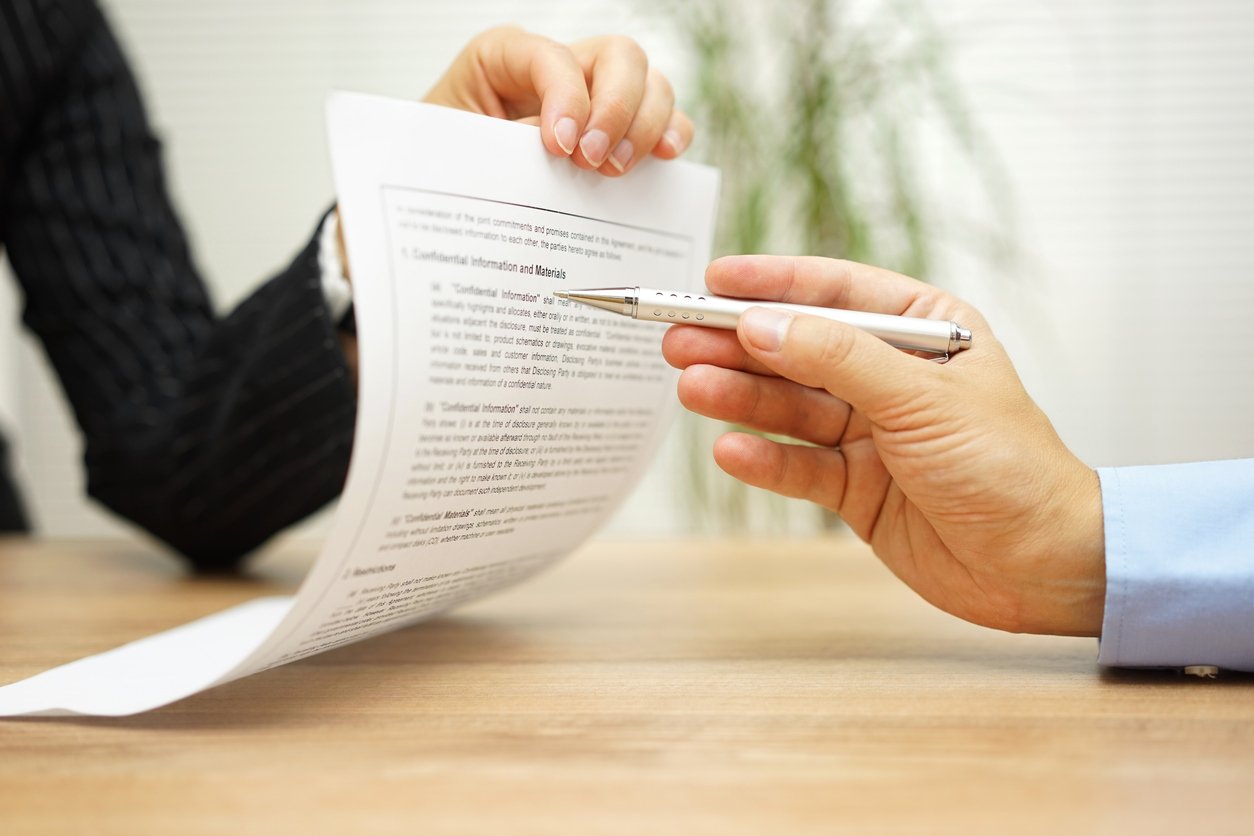Receiving a subpoena can be intimidating, whether it’s for a court case, deposition, or document request. A subpoena is a legal order requiring you to testify, provide evidence, or produce documents related to a legal matter. Ignoring or failing to respond to a subpoena can lead to legal consequences, including fines or contempt of court charges. In this blog post, we’ll explain what a subpoena is, how to respond, and your legal rights in California.
What Is a Subpoena?
A subpoena is a formal legal request requiring an individual or entity to:
- Testify in court or at a deposition
- Provide documents or records relevant to a legal case
- Appear at a legal proceeding as a witness
Types of Subpoenas
- Subpoena Ad Testificandum – Requires a person to testify in court or at a deposition
- Subpoena Duces Tecum – Requires a person to produce documents, records, or other evidence
How to Respond to a Subpoena
1. Read the Subpoena Carefully
- Check the date, time, and location of the required appearance
- Review who issued the subpoena (court, attorney, or government agency)
2. Determine If You Must Comply
- You must comply unless you have a valid legal reason to object
- If the subpoena is improperly served or overly broad, you may be able to challenge it
3. Consult an Attorney
- An attorney can help you understand your rights and whether you can challenge the subpoena
- If providing testimony, a lawyer can help you prepare your responses
4. Objecting to a Subpoena
- You can file a motion to quash if the subpoena is unreasonable, irrelevant, or overly burdensome
- Legal objections must be filed before the compliance deadline
5. Comply with the Subpoena
- If no legal challenge is made, you must appear in court or provide requested documents by the deadline
- Failure to comply can lead to contempt of court charges
What Happens If You Ignore a Subpoena?
Failing to comply with a subpoena can result in:
- Court fines or penalties
- A contempt of court charge, which may lead to jail time
- A default ruling against you in civil cases
Being served with a subpoena requires a timely and careful response. Whether you need to testify, provide documents, or challenge the subpoena, understanding your legal rights is essential. If you have received a subpoena and need legal guidance, Law Advocate Group, LLP can help.
Contact us today for expert legal representation.




